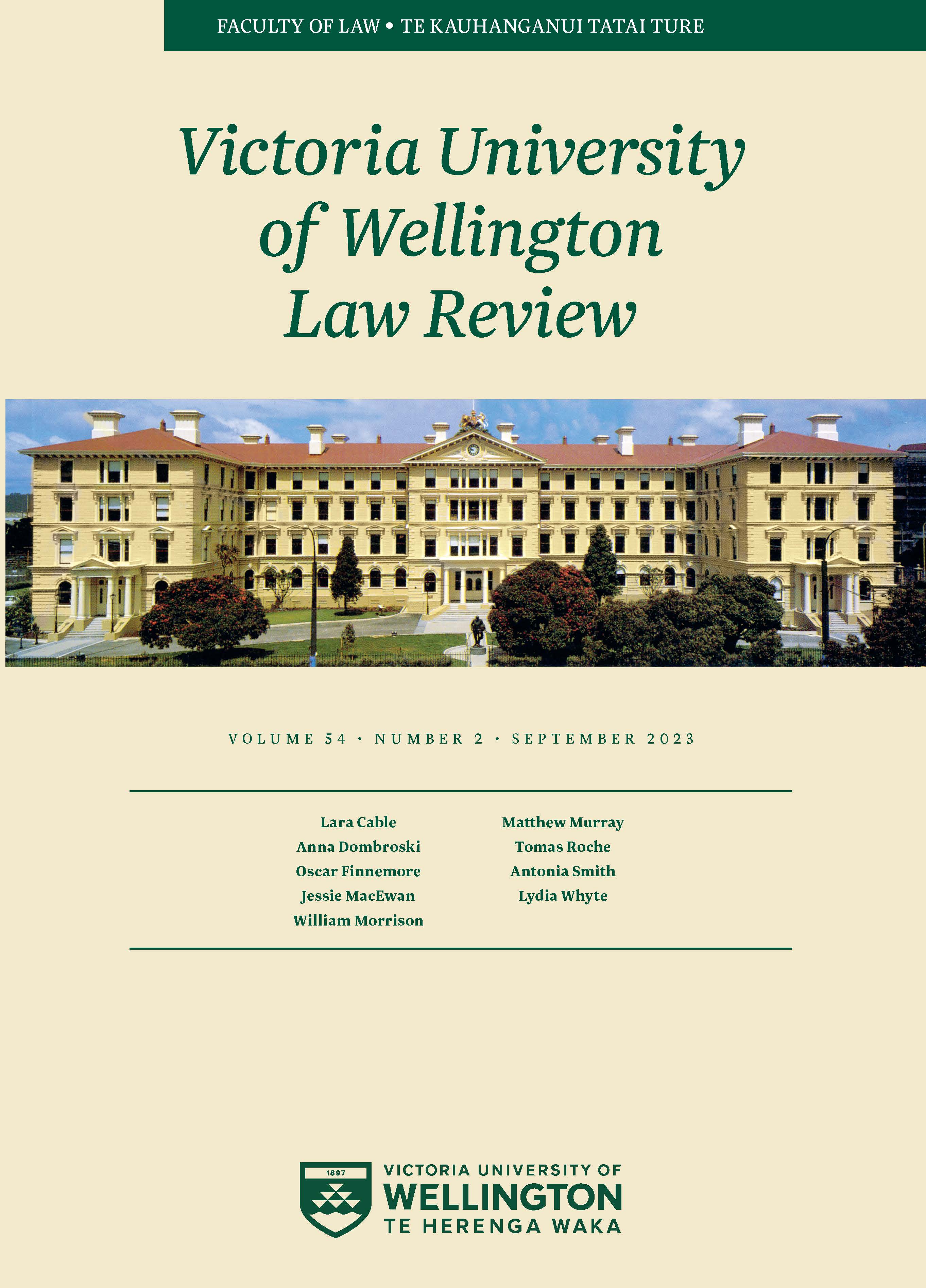Calver and the "Generous Interpretations" of Accident Compensation: A Gradual Process
Abstract
This article examines the judgments of Calver v Accident Compensation Corporation and its appeal in the light of the legislative history behind New Zealand's accident compensation scheme. It posits that the Calver judgments reflect an ongoing principle of generous and expansive interpretation, which can be tracked through the case law in this area, and that an overriding principle of generosity does not fully accord with the legislative history. That history has involved intentional redrafting to curtail overly expansive judicial approaches, and legislative development in this area has been relatively stagnant in recent decades. Alternative approaches for interpreting the scheme are discussed. A more comprehensive set of principles for interpretation of accident compensation cases would make this area more predictable and better explain the outcomes of cases where the boundaries appear to be widened. It does not seem convincing, in light of the full history, to simply suggest that outcomes should reflect the Woodhouse vision. Credence should be paid to real policy issues, which have so far prevented a fully comprehensive scheme from being developed.
Downloads
Downloads
Published
How to Cite
Issue
Section
License
Authors retain copyright in their work published in the Victoria University of Wellington Law Review.


